Permitting for seaweed cultivation in California is often ‘complex, costly and time-consuming’
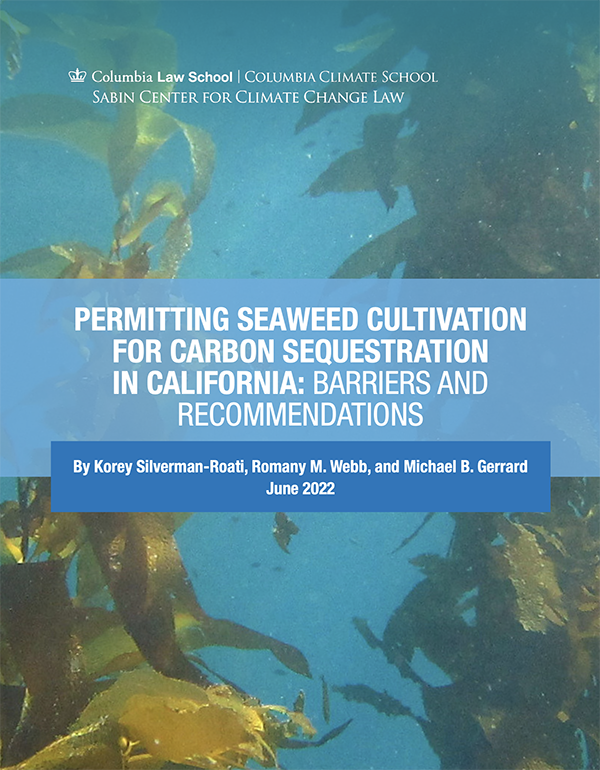
The permitting process is preventing the expansion of seaweed cultivation in California, according to a new white paper from Columbia University’s Sabin Center for Climate Change Law.
The paper, which examines barriers to seaweed permitting for carbon sequestration in California, is part of a series of white papers exploring the legal issues associated with several ocean-based carbon dioxide removal strategies, including ocean alkalinity enhancement and artificial upwelling and downwelling.
“Permitting for seaweed cultivation in California requires approvals from various state and federal agencies, pursuant to state and federal land use and environmental laws,” wrote the authors of the white paper entitled Permitting Seaweed Cultivation for Carbon Sequestration in California: Barriers and Recommendations. “Due to the multiple steps involved, the permitting process for seaweed farming operations can be costly and may take several years to complete.”
Seaweed cultivation refers to the growing of kelp and other macroalgae that uptake carbon dioxide as they grow. To offset emissions, cultivated seaweed could be used to replace more greenhouse gas-intensive products (like animal-based foods) or in bioenergy systems. Seaweed could also be sunk in the deep sea for the purposes of carbon sequestration.
Seaweed cultivation off the California coast is still in the early stages, with only two commercial, open-water seaweed farms currently existing in California waters, but farmers have expressed growing interest in expanding the practice. However, a barrier to expanding seaweed cultivation in California is the “complex, costly, and time-consuming” lease and permitting process. Other states in the U.S., namely Maine and Alaska, have permitting systems designed to be more supportive of seaweed cultivation.
The white paper also explores possible reforms to streamline California’s permitting process, while maintaining appropriate environmental and other safeguards. It makes five recommended changes to the lease and permitting process in California.
“Ideally, these could serve to lessen or remove unnecessary roadblocks to permitting, while still maintaining important environmental and other review of prospective projects,” wrote the authors.
Follow the Advocate on Twitter @GSA_Advocate
Now that you've reached the end of the article ...
… please consider supporting GSA’s mission to advance responsible seafood practices through education, advocacy and third-party assurances. The Advocate aims to document the evolution of responsible seafood practices and share the expansive knowledge of our vast network of contributors.
By becoming a Global Seafood Alliance member, you’re ensuring that all of the pre-competitive work we do through member benefits, resources and events can continue. Individual membership costs just $50 a year.
Not a GSA member? Join us.
Author
Tagged With
Related Posts
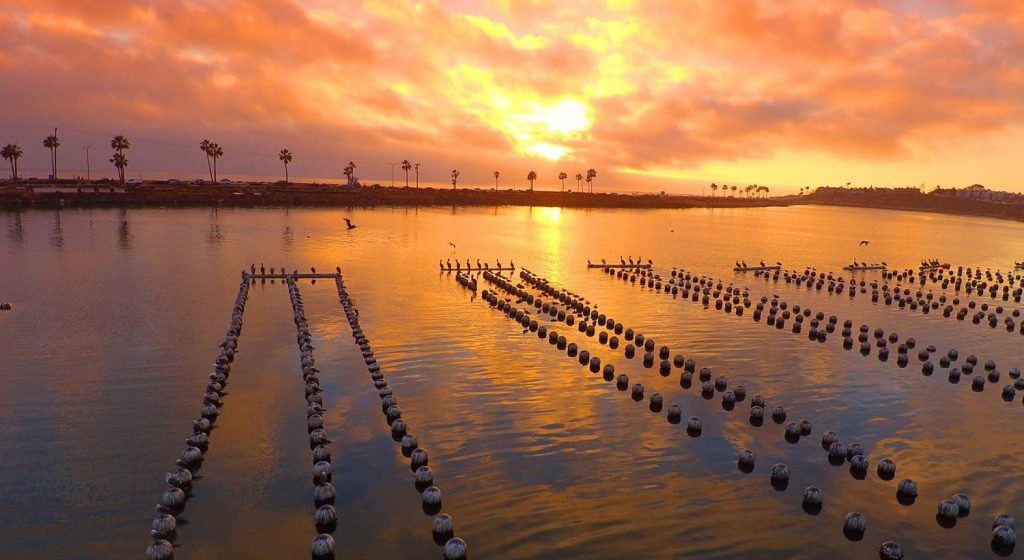
Responsibility
As ocean acidification threatens the shellfish industry, this California oyster farm is raising oysters resistant to climate change
Despite the dangers to shellfish posed by ocean acidification, a forward-thinking California oyster farm is producing oysters resistant to climate change.
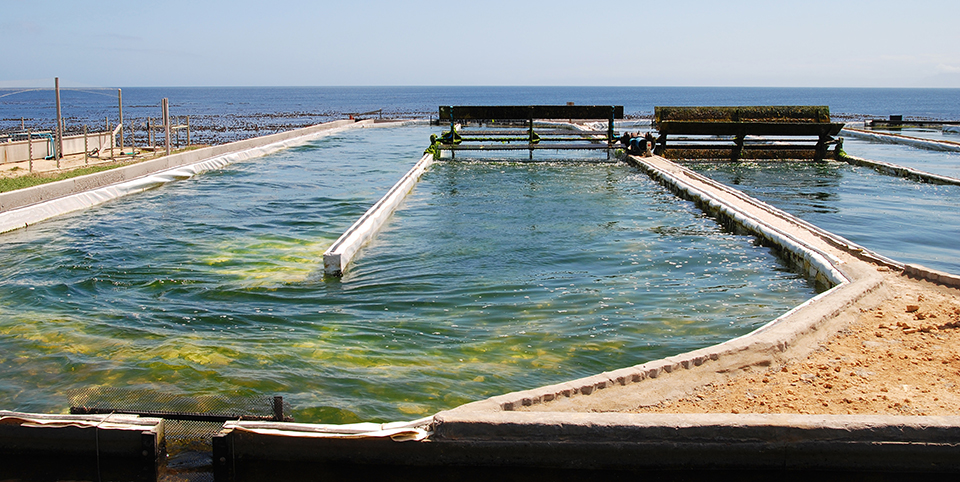
Responsibility
Seaweed mariculture provides feed, green energy production, bioremediation
Under cultivation, macroalgae grow rapidly and synthesize large amounts of carbon/energy reserves while utilizing wastewater. Seaweed can remove pollutants from industrial agriculture effluent and reduce coastal eutrophication.
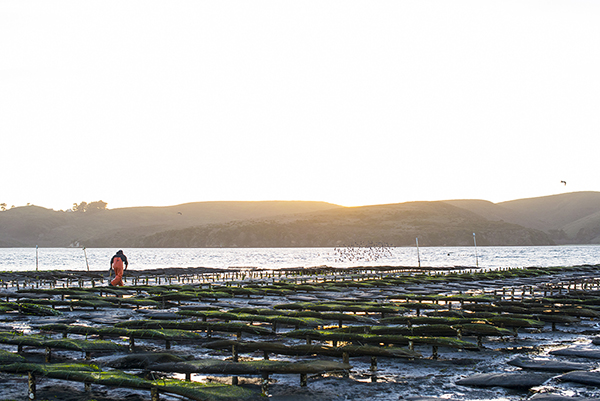
Responsibility
California shellfish farmers need greater support to face effects of climate change, OSU study finds
A new study found California shellfish farmers need improved access to data and stronger connections to adapt to the effects of climate change.
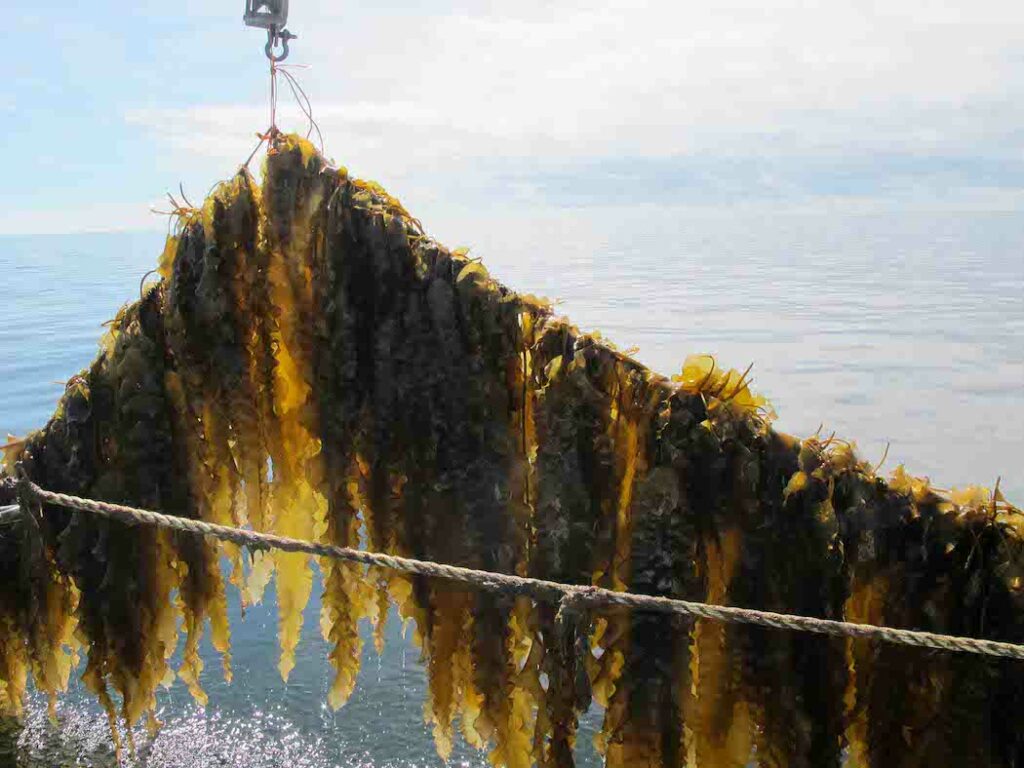
Responsibility
Pilot project cultivating kelp on shellfish leases demonstrates ‘extraordinary’ first year growth
A pilot project led by the Aquaculture Association of Nova Scotia has shown first-year success for cultivating kelp on shellfish leases in Nova Scotia.



